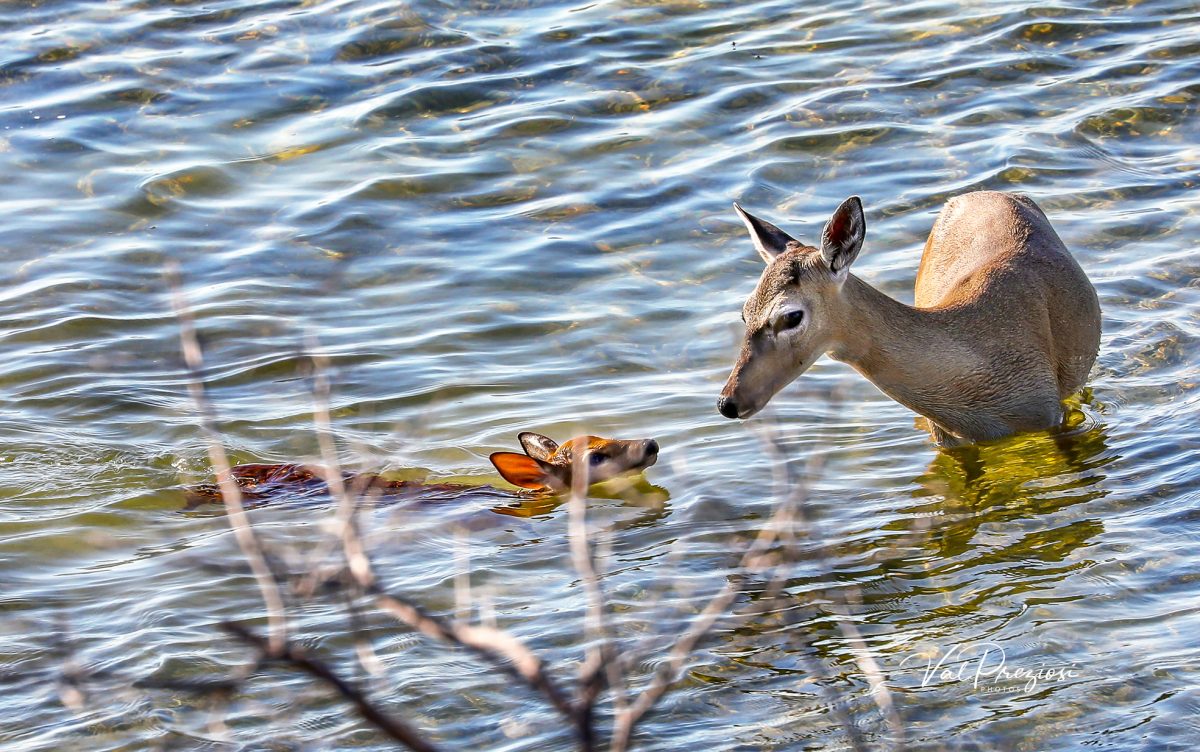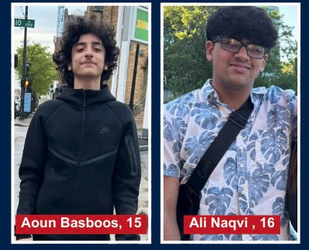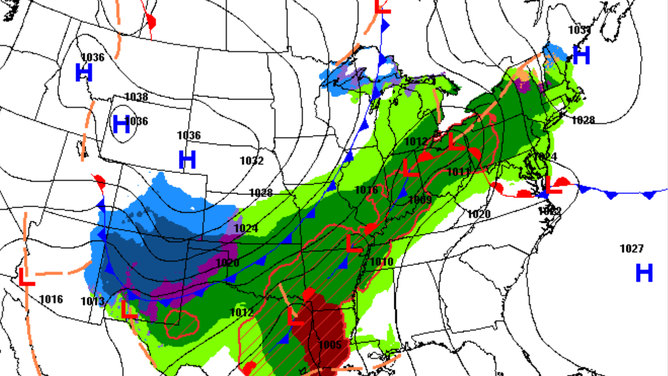The Key Deer is an endangered subspecies of the white-tailed deer that lives only in the Florida Keys. It is the smallest extant North American deer species. The Key Deer is listed as endangered by the Endangered Species Act. Estimated fewer than 1,000 Key Deer survive, and their future remains precarious. Key Deer live on 20 to 25 islands in the southern Florida Keys, hence their name. Key Deer live in all types of ecosystems found in the Florida Keys, from pine forests to mangroves and freshwater wetlands. They can swim between islands and move around their habitat in search of fresh water. They previously lived in the lower parts of the Florida Keys. They are mostly found in the areas of Sugarloaf Key and the Bahia Honda Key.
Threats to Key Deer include habitat loss from the development of coastal habitats and floodplains, car accidents, illness, illegal feeding by humans, and climate change, which is affecting mangroves. The population of Key Deer is growing at a rate of between 1% to 3% per year. Their breeding season occurs between September and December; although, some breeding can occur as late as February. During the “rut”, bucks fight with each other using their antlers; the winner gaining dominance and the right to breed. The gestation period is 200 days or around 7 months. Most fawns are born between April and June, and at birth weigh between 2 to 4 pounds. Adult females average one fawn per year.
The Endangered Species Act, which turns 50 this year, tasks wildlife managers like Colangelo with stopping extinction, protecting imperiled species, and recovering them to the point where they no longer need federal protection. “Climate change is happening to all of us, it’s just really easy to see on these tiny, low-lying islands,” said Christian Eggleston, with the Florida Keys National Wildlife Refuge Complex. “Saving life on Earth,” said Martha Williams, director of the U.S. Fish and Wildlife Service, “That’s what we’re doing.” Intentionally killing a Key Deer is punishable by a maximum of one year in federal prison and a fine of up to $100,000. Please help us keep the Key Deer healthy and wild by not feeding them. Also, please drive cautiously in Key Deer country. It is strictly prohibited to interfere with the deer in its natural habitat.








